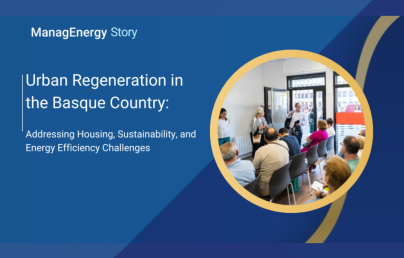
Energy efficiency in the real estate sector

Energy efficiency in the real estate sector
The Diplomat Bucharest analyses the impact and challenges of the Revised Energy Performance of Buildings Directive in the building sector, focussing on the Romanian scenario.
The Council of the European Union adopted the Revised Directive on the Energy Performance of Buildings on 12 April 2024, with a mandate for Member States to transpose it into national law within two years by 28 May 2024, the day of its entry into force.
This directive aims to enhance energy efficiency in buildings across Europe, pivotal in reducing greenhouse gas emissions. Key goals include achieving zero-emission buildings by 2050, renovating inefficient buildings, and phasing out fossil fuel power plants.
The directive also introduces measures like renovation passports and promotes renewable energy technologies. Financially, it poses substantial costs but offers business opportunities in the construction and renewable sectors. Compliance ensures environmental benefits and aligns with EU climate commitments.

